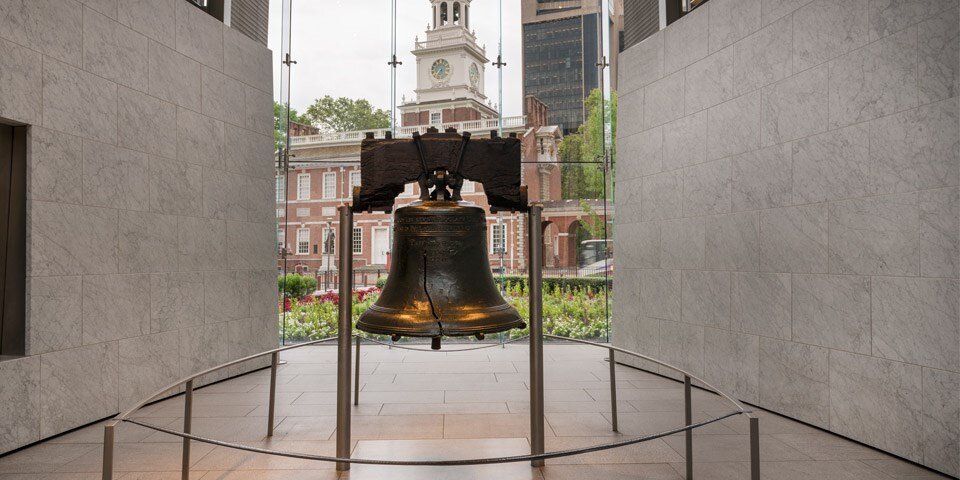Need Rise an Independent Party?

Back to Our Founding …
Our nation’s Founding Fathers feared political parties in America. So much so they did not directly provide for political parties in the United States Constitution as they did for the executive, legislative, and judicial branches of our government.
The state of affairs between Republicans and Democrats today attests to the wisdom of visionaries like Washington, Adams, Jefferson, Madison, Monroe, Franklin, and Hamilton, to name a few to be concerned about the potential destructive power of political parties.
Parties, or factions as the Founders called them, were considered to be corrupt relics of the British system that we waged independence from in attempting to form a truly democratic form of government in America.
Alexander Hamilton, most recently of Broadway fame, thought political parties to be the “most fatal disease” of government. In Federalist 10, James Madison, the father of the American Constitution, regarded factions as being an anathema to a “well-constructed Union. Factions, he argued, needed to be controlled and broken of their tendency to violence.
Thomas Jefferson, our role model at this mediazine on the other hand, saw factions or parties as being natural extensions of men by their very constitutions, perhaps confirming centuries ago that maybe women should indeed lead the United States government. Jefferson was the professional diplomat of the group, you might remember!
George Washington was so concerned about factions potentially undermining American democracy that he was the first U.S. president to populate his cabinet with a team of rivals, something Abraham Lincoln would do in later times in another very threatening war theater.
Washington consciously chose to appoint Thomas Jefferson as his Secretary of State and Alexander Hamilton as his Secretary of the Treasury, despite their very obvious and acrimonious differences in how government might best operate for its citizenry.
Jefferson and Hamilton would indeed promote and establish two competing political parties in the end. Jefferson had his Democratic-Republican anti-federalists and Hamilton had his strong central government Federalists.
The political attacks from these opposing factions were certainly vicious and counter-productive to American democracy, to say the least. The political skirmishes led to resignations, firings, and brutal and historic deadly duel, and a two centuries and a half of arguments over how strong or how weak should U.S. government be.
When our founding president voluntarily retired back to Mount Vernon in 1796, he counseled his citizens to be wary of the dangerously divisive influence factions – or political parties – might have on the workings of America’s version of democracy. Washington warned that “the common and continual mischiefs of the spirit of party are sufficient to make it the interest and duty of a wise people to discourage and restrain it.”
Not a century later, the disunion that George Washington feared nearly broke up our nation as northern states mortally battled southern states over a variety of issues, some of which we are still struggling with on American streets and in neighborhoods and places of business today.
Washington, the man, not the city, worried that if parties flourished in America, they might keep fighting each other resulting ultimately in the end of the Union we had come to love and need.
Are we there now? Are the two major political parties destroying America today from within?




